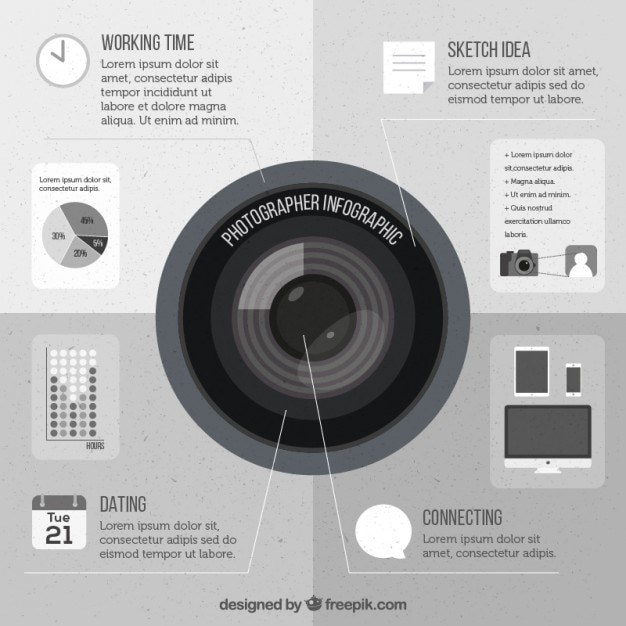Photography Tips For Beginners: Mastering Your Camera Quickly
Photography Tips For Beginners: Mastering Your Camera Quickly
Blog Article
Content Author-Grant Didriksen
When you initially grab your cam, it can really feel frustrating with all the settings and alternatives readily available. You could find yourself wondering just how to browse aperture, shutter speed, and ISO effectively. Grasping http://larissa77kiersten.booklikes.com/post/6562749/vital-digital-photography-gear-what-you-actually-required-to-get-going is crucial, however there's more to digital photography than just technical knowledge. Comprehending make-up techniques and lights problems can elevate your pictures substantially. So, what happens if you could discover easy strategies to enhance your abilities and begin capturing outstanding images earlier than you think? Allow's explore how to change your photography trip.
Understanding Cam Settings
Comprehending your camera settings is important for capturing spectacular images. When you get your cam, acquaint yourself with the 3 primary setups: aperture, shutter speed, and ISO. Each plays an important function in exactly how your photos end up.
Begin with aperture, which regulates the quantity of light getting in the lens. A larger aperture (lower f-number) allows extra light and develops a beautiful history blur, ideal for pictures. Conversely, a narrower aperture (greater f-number) keeps more of the scene in focus, perfect for landscapes.
Next, focus on shutter speed. This setting identifies the length of time your video camera's sensing unit is revealed to light. A rapid shutter speed freezes activity, which is terrific for action shots, while a slow shutter rate can develop sensational effects like smooth water in landscapes.
Lastly, change your ISO. This setting influences your video camera's sensitivity to light. A higher ISO works in low-light circumstances but can present sound or grain. Aim for the lowest ISO feasible while still achieving correct exposure.
Composition Strategies
When you're out shooting, structure can make all the distinction in just how your pictures resonate with visitors. Beginning by utilizing the rule of thirds; envision your framework separated into 9 equal areas with 2 horizontal and two upright lines. Setting crucial elements along these lines or at their intersections to produce equilibrium and rate of interest.
Next off, think about leading lines. These natural lines in your scene, like roadways or rivers, draw the viewer's eye into the photo, directing them through the story you're informing.
Don't forget framing; use aspects within your scene, like trees or windows, to produce a structure around your subject, adding depth and focus.
Also, keep an eye on your background. https://www.aspentimes.com/news/at-home-in-aspen-emily-chaplins-online-art-auction/ can sidetrack from your primary subject, while a simple one aids it attract attention.
Finally, try out symmetry and patterns; they can develop a striking photo that records attention.
Learning Lights Conditions
Grasping lighting problems is crucial for capturing magnificent photographs, as the appropriate light can transform an average scene into something remarkable.
Beginning by observing all-natural light at various times of the day. Early mornings and late afternoons provide the most effective light, referred to as the gold hour. The soft, warm tones throughout these times can boost your images beautifully.
Don't shy away from cloudy days either; diffused light can lessen rough darkness and develop a pleasing impact, especially for portraits.
Try out backlighting by placing your topic versus the light source. This technique can create a wonderful halo effect and add depth to your photos.
Focus on your electronic camera setups also. Change the ISO, aperture, and shutter rate to fit the lighting problems. A greater ISO can assist in reduced light, yet be cautious of grain.
Use a tripod in darker environments to avoid blur.
Last but not least, do not forget artificial lights. Flash and continual lights can be great tools for managing light in challenging problems.
Verdict
To conclude, grasping your electronic camera does not have to be frustrating. By comprehending your settings, applying composition methods, and taking advantage of the power of all-natural light, you'll rapidly elevate your photography skills. Bear in mind, practice makes excellent, so get out there and trying out your newfound expertise. With time and commitment, you'll be recording spectacular pictures that mirror your unique perspective. Take pleasure in the trip, and don't forget to have a good time while you go to it!
